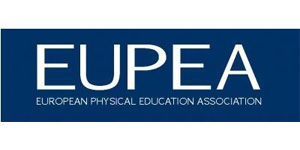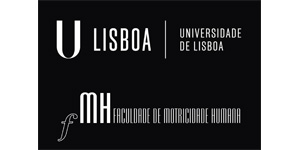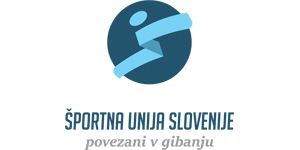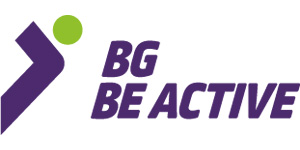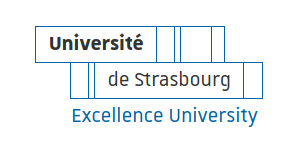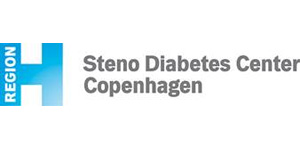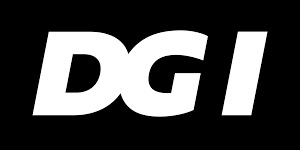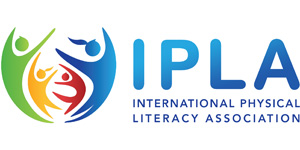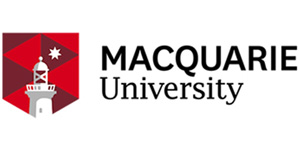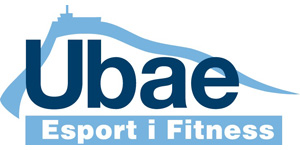Position statements: “Physical literacy should be treated as a basic human need”
29/03/2021
Physical Literacy for Life project partners release 12 position statements
The Physical Literacy for Life project partners are committed to improving the lives of all Europeans through sport and physical activity. We want to see more people moving throughout their life course, because this has essential benefits for our physical, emotional, cognitive and social wellbeing.
These partners, from the sport, education, health and NGO sectors, have composed and compiled 12 position statements to call for a more cross-sector approach to physical literacy and a positioning of physical literacy as a key competence that is taught and learned in a range of learning settings.
Scroll through the PDF or browse each partner's position statement further below.
International Sport and Culture Association (ISCA)
Physical activity and recreational sport are inherently linked to experiencing the joy of life, social happiness and improved health throughout the lifespan. Physical literacy underlines the importance and benefits of lifelong learning within the social, physical, emotional and cognitive domains. It highlights the importance of being able to exercise our Human Right to MOVE. Organisations that are dedicated to supporting physical activity and movement should assist in developing accessible infrastructure, promoting activities that motivate people and ensuring the structures that can increase the reach and sustainability of physical literacy.
EUPEA
People need to pursue their physical literacy across their entire life to improve the quality, not just the quantity, of participation in any kind of physical activity to enhance their health and wellbeing. An individual’s interaction with a task and their environment through meaningful engagement in physical activity results in better functional movement and adaptation through the four domains (physical, cognitive, emotional, and social). Adaptations across the whole system (anatomical, respiratory, circulatory, nervous, and perceptual-cognitive) are advantageous in supporting children and adults on their journey to lead a healthy life within the four physical literacy domains.
BG Be Active, Bulgaria
Being physically active is a state of body, while physical literacy is a state of mind. Apart from helping individuals to stay healthy, physical literacy establishes an individual foundation of lifelong skills that improve performance at school/work and facilitate social life. Physical literacy should also be treated as a basic human need, as it contributes to a person’s better understanding of themselves and to their emotional health on their life journey. It is therefore a task of organisations and institutions to ensure that people have the right to be active through structured cross-sector dialogue, inclusive participation and sustainable activities.
UBAE, Spain
People need to pursue physical literacy across their entire life because it gives them confidence, physical competence and continued motivation throughout life. It’s key to helping us stay active as we age. Schools can assist children from a very young age by spending time on teaching the fundamental motor skills, knowledge and behaviour. Sports clubs and fitness centres can assist by providing knowledge about the benefits of physical activity as well as quality (and social) exercise programmes. Other organisations can give advice on the frequency and duration of physical activity needed for good health.
DGI, Denmark
By focusing on the joy of movement – and by possessing the desire, the courage and the prerequisites to participate in physical activity – people of all ages will be motivated to engage in meaningful communities and to keep their bodies healthy and strong. By participating in lifelong physical activity they will have an increased quality of life and wellbeing. At DGI we focus on educating, inspiring and activating role models in sports clubs, among families and in the day care and school systems of Denmark. The purpose and vision of DGI is to motivate people at all ages to come back for more physical activity and movement because they want to.
IPLA, UK
More people are living sedentary and inactive lifestyles, leading to obesity, illness and premature death. Physical literacy challenges the way in which individuals engage in and understand physical activity. It offers alternative methods to get people active to improve their holistic health and wellbeing. Physical literacy is all about giving people the motivation, confidence, physical competence, knowledge and understanding to value and take responsibility for getting involved in physical activities for life. Organisations and institutions can assist people in developing their physical literacy by providing positive experiences that are purposeful, engaging, relevant and rewarding.
Macquarie University, Australia
Learning to move is probably the first literacy we truly need to acquire, well before we need to read, write, comprehend and calculate. Learning to move one's body for social, aesthetic, competitive and even for survival reasons is not only linked to our health, but to the meaning and pleasure we gain from our lives. I encourage every organisation to use the Physical Literacy for Life framework as a guide to understand the strengths and weaknesses in movement capacity of the people you serve. Celebrate their strengths and use these as a foundation for learning (and teaching/coaching) to live a meaningful and healthy life through physical activity, sport, recreation and leisure.
University of Strasbourg, France
It is essential for a society that is becoming increasingly sedentary to help people value all kinds of physical activity and have fun while being physically active. It is also important to be able to find culturally appropriate physical activities that help bring people together and create a more egalitarian society, regardless of age or wealth. Institutions and organisations should first promote physical activity and sport as an essential component of daily life. They should also offer everyone the opportunity to discover and deepen the knowledge and skills associated with these physical activities and sports.
University of Lisbon, Portugal
Physical literacy is about learning how to be actively engaged in physical activity throughout life. It is about understanding the enormous social, cognitive, emotional and physical benefits that come with learning to be active and sharing these with other citizens to convince them to be part of this journey. The role of social organisations (schools, sport clubs, health clubs, municipalities, etc.) is to assure that there are learning opportunities for all citizens without exception. Facilities, equipment, formal and informal programmes, and well-prepared staff who take care of the teaching processes and offer inclusive and challenging opportunities to each person are the essential resources.
Capital Region of Denmark Center for Clinical Research and Prevention (CCRP) and Steno Health Promotion Research (SHPR), Denmark
Researchers, educators and health promoters must respond to the need to promote healthy and active living. We believe this can be advanced by addressing physical literacy in children and young people’s everyday lives, and that it provides a unique response to epidemics like ‘obesity’, non-communicable diseases (NCDs) and mental health as well as the need for investment early childhood development. To us, physical literacy is an important proximal and social determinant of child and youth population’s health (as well as wellbeing and education).
Sports Union of Slovenia (SUS), Slovenia
Physical literacy is a lifelong process with a direct and strong impact on the quality of life. The concept of physical literacy offers a holistic approach to sport and physical education, combining emotional, physical, cognitive and social dimensions. In modern, sedentary lifestyles, physical activity and sport are no longer just a hobby – they have become a necessity to maintain our physical and mental health. Therefore, the development of physical literacy as an important factor of our personal growth provides each individual the opportunity to live a full life.
Read the partners’ definition of physical literacy here
Listen to our podcast with Dean Dudley to dive into the topic in more depth




